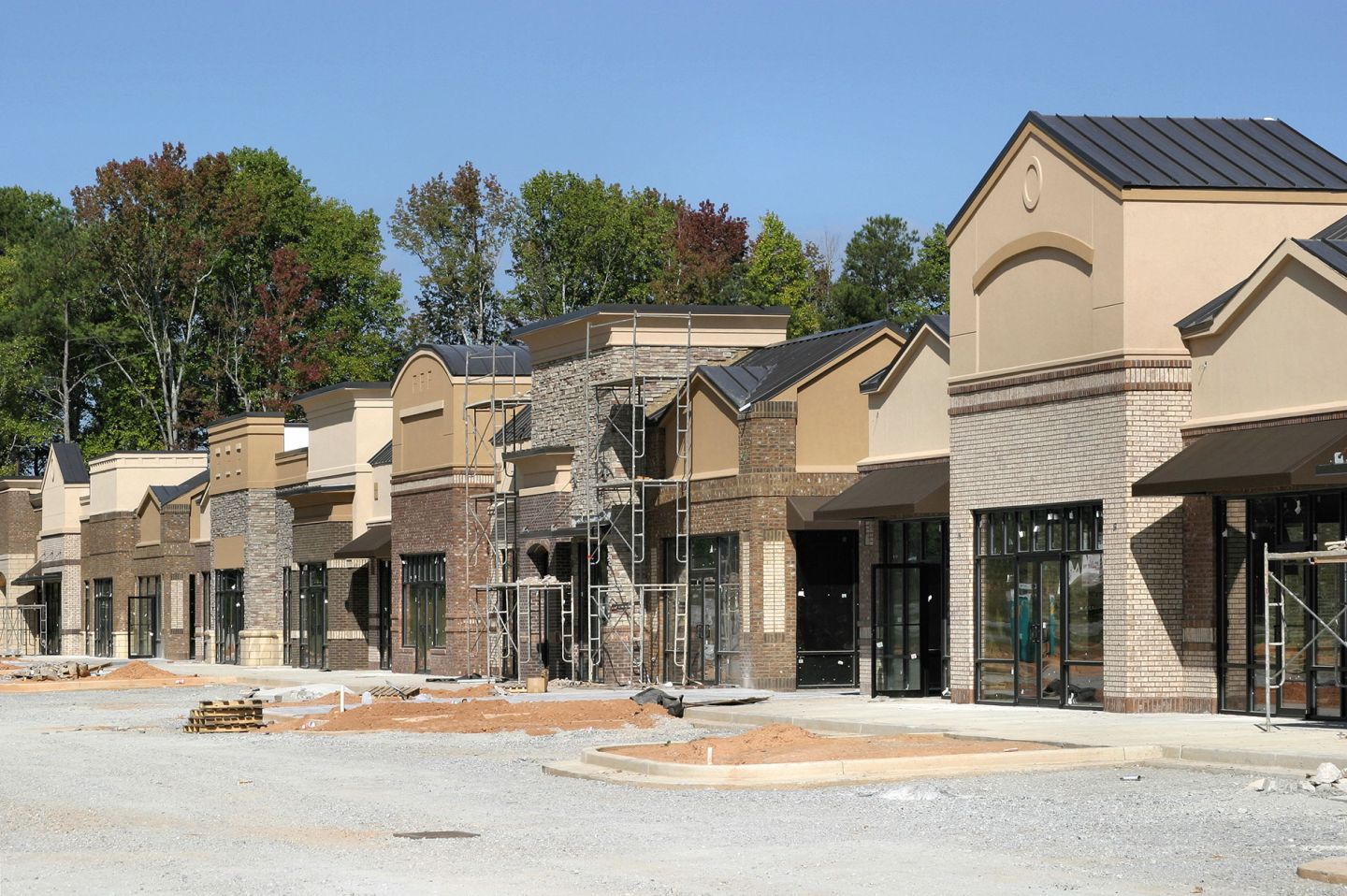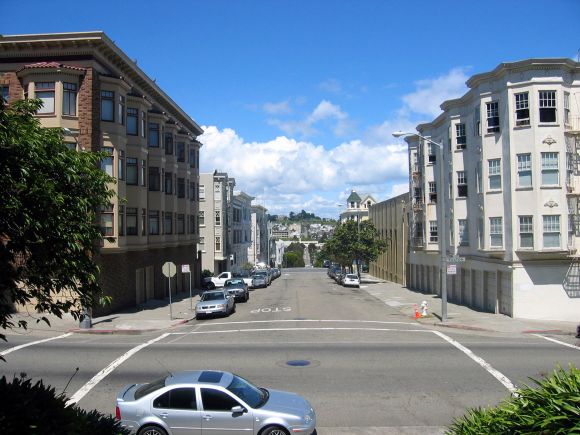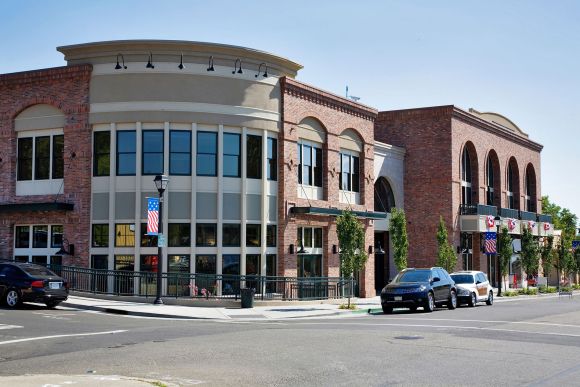Providing financial and tax incentives to companies has become an accepted economic development practice for states and communities to attract and retain business. Yet the practice continues to generate debate, pushback and criticism.
This article is the first of a two part series exploring the pro and con arguments for and against development incentives. The purpose of the series is not to judge the validity of the arguments, but to present the arguments used most frequently in the incentive debate. In this article, the arguments against development incentives are presented. In the next issue of Competitive Community, the arguments for development incentives will be presented.
Arguments against development incentives. Following are four widely used arguments against development incentives:
- Incentives Make Little or No Difference. The thesis that incentives have an insignificant effect on location decisions is by far the principal objection. It is the recurring conclusion of surveys conducted by academics in social science literature, which are normally based on interviews of facility planners (business real estate executives). When this survey method is used, incentives are a lesser factor to such operating costs as wages, utilities and transportation costs in the location decision.
- Incentives are Unfair and Inequitable. Critics argue that the incentives given to businesses shift the community’s financial burden to businesses and citizens, and that the misallocation of public resources crowds out funding of needed public facilities and services. Concern is also expressed that incentives penalize small business in favor of large businesses that are in an expansion mode and are in better financial condition.
- Incentives Often Subsidize Competitors. This objection that the recipient of the incentives is given an advantage is often raised by a competitor and particularly if the firm making the objection did not receive incentives for location or expansion.
- Incentives are Symbolic Politics. This argument contends that incentives are offered to foster an image of a pro-business climate. Incentives symbolize the community’s high regard for the private sector and its willingness to partner with businesses to help reduce relocation or startup costs or to offset disadvantages.
Are development incentives investments in the community or “giveaways” to businesses? These are tough policy questions that face local and state governing bodies as they establish incentive policies and programs to expand and attract businesses.
The next issue of The Competitive Community will explore the pro side of the incentive debate.


